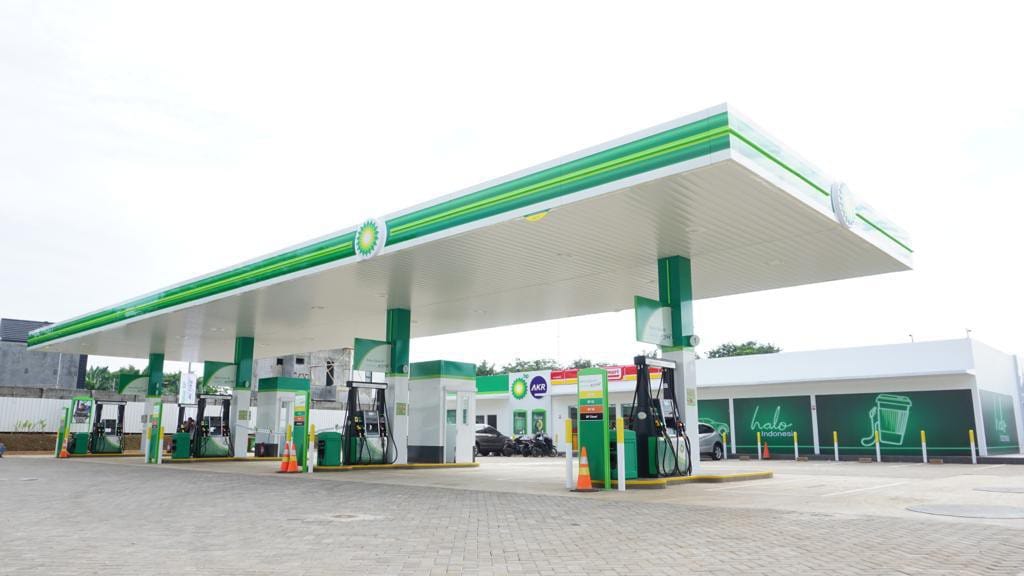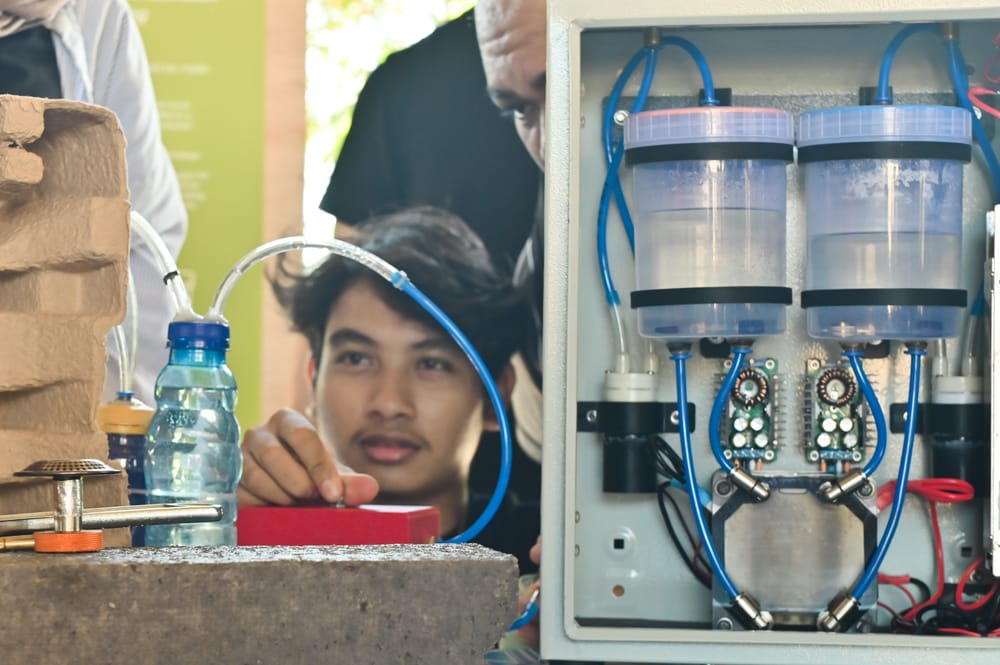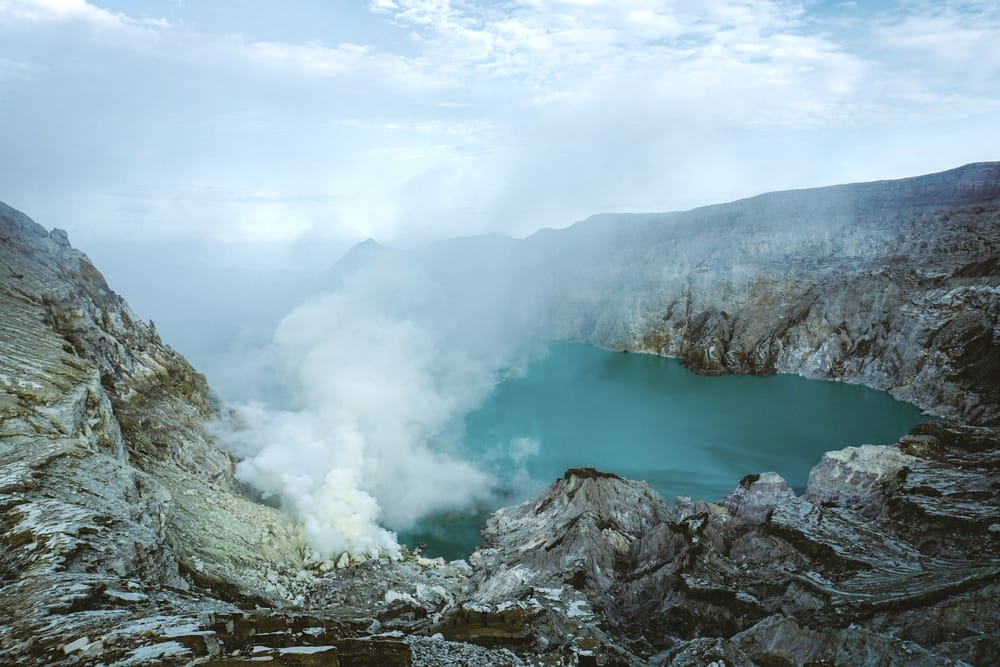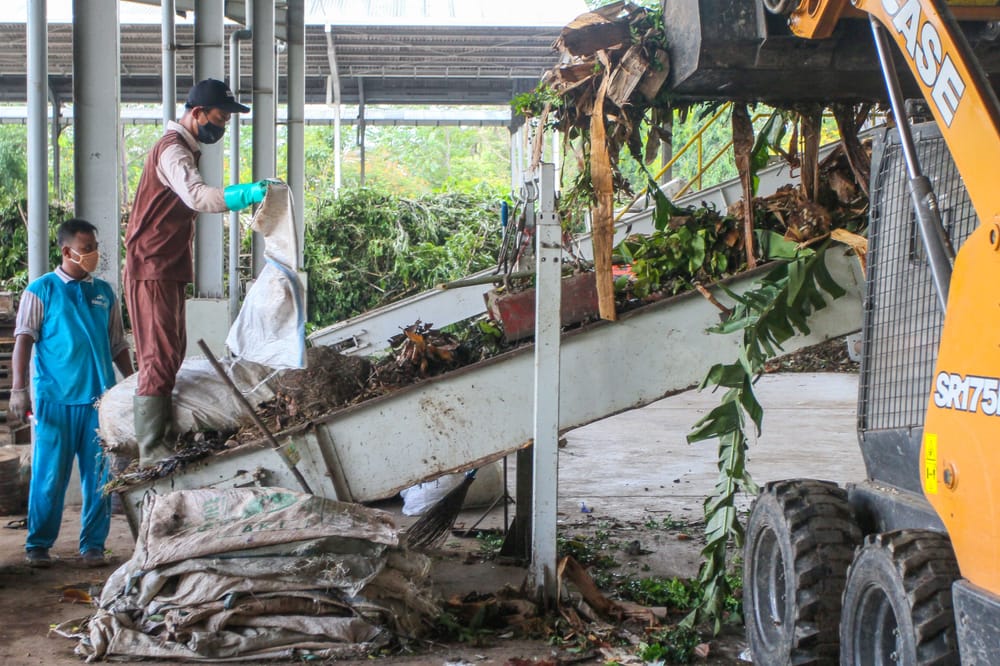The supply of fuel (BBM) from private company BP has begun to recirculate at gas stations (SPBU) for the ron 92 type in the Jabodetabek and West Java areas. The fuel scarcity problem for private companies is slowly being resolved.
The return of the availability of this product comes from the procurement of base fuel RON 92 imported from PT Pertamina Patra Niaga through a business to business (B2B) mechanism.
President Director of BP-AKR Vanda Laura said that the availability of fuel at BP gas stations will also be gradually implemented in the East Java region. This is done as an effort to continue to serve and meet the needs of the community.
“BP-AKR is re-introducing BP 92 quality fuel with ACTIVE technology to meet the needs and support community mobility,” said Vanda through her statement, Friday (31/10/2025).
Vanda emphasized that the base fuel supply from PT Pertamina Patra Niaga has undergone quality testing with a trusted independent supervisor. Thus, the base fuel product used by BP is in accordance with the specifications and quality standards that have been set.
“Our priority is clear, BP 92 is back available and the quality of the products presented is consistently maintained. This quality focus is part of our long-term commitment to building trusted energy services in Indonesia,” she explained.
The procurement of imported base fuel through a mechanism from PT Pertamina Patra Niaga and the Ministry of Energy and Mineral Resources (ESDM) is said to be a temporary solution taken by BP-AKR to maintain the smooth supply of fuel.
Quoting from the open presentation material of PT AKR Corpindo Tbk, the parent company of the fuel distributor BP, the company now has a total of 70 gas stations spread across the Greater Jakarta area, West Java, and East Java. The business in this sector is operated by a subsidiary named PT Aneka Petroindo Raya.
In the future, the company plans to continue expanding with a target of adding 30-35 retail outlets per year. The company anticipates an increase in public demand for high-quality fuel.
The company also supports the government's plan to increase national energy security, especially regarding fuel supply. In addition, the company also supports the emissions reduction program.
Meanwhile, a different fate is still being experienced by another private gas station, Shell Indonesia. Fuel stock at Shell gas stations is still empty to this day.
"Shell's gasoline products (Shell Super, Shell V-Power, and Shell V-Power Nitro+) are currently not available at Shell gas station networks," according to a statement from Shell Indonesia's official website.
Shell Indonesia, in order to overcome the fuel stock problem, also continues to coordinate with the government and other related stakeholders.
"We continue to coordinate with the relevant government and other stakeholders to ensure that gasoline products are available again at Shell gas station networks as soon as possible in accordance with Shell's operational safety standards and high-quality fuel standards globally," he continued.
The single-door procurement of imported fuel from PT Pertamina Patra Niaga by private gas stations is considered only a temporary solution. The government must find other solutions to handle the problem.
Downstream trading regulations
Energy economic observer, Fahmy Radhi, assesses that this policy is the government's effort to restore governance in the downstream sector to a regulated policy.
"Foreign companies were initially willing to invest in fuel gas stations because the governance was liberal. Foreign companies are free to establish gas stations throughout Indonesia, free to procure fuel according to the set quota, and free to set selling prices to consumers according to market mechanisms," said Fahmy Radhi.
With the single-door fuel import procurement solution, private gas stations are no longer free to import fuel.
"In single-door fuel imports, foreign gas stations can no longer import at the cheapest price, but must buy fuel from Pertamina at a price set by Pertamina. In this condition, the margin for foreign gas stations will be smaller, and eventually foreign gas stations will suffer losses," he explained.
Read also:
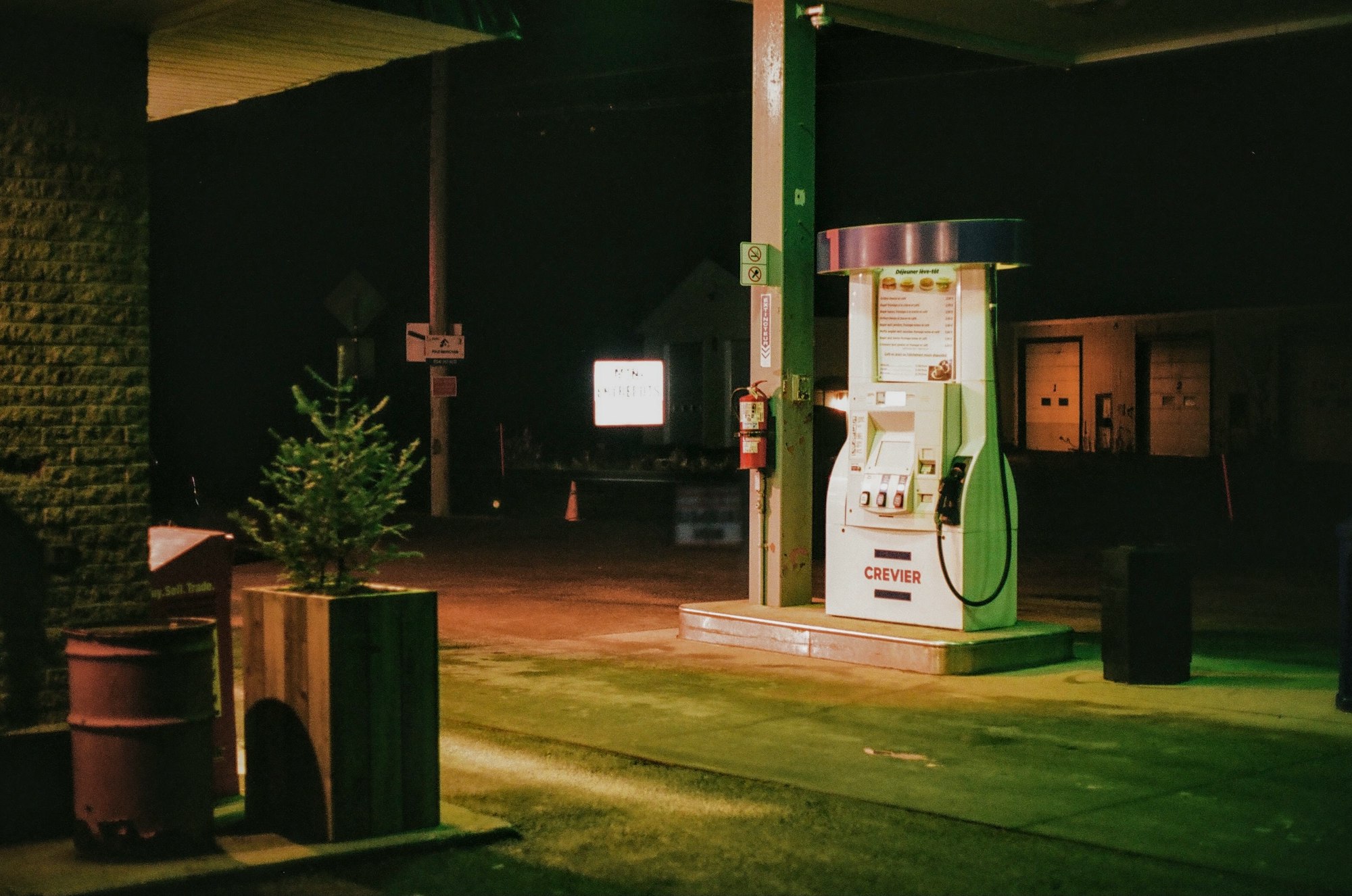
According to him, it is possible that private gas stations will close their businesses in Indonesia due to continuous losses. When that happens, Indonesia's investment climate is said to worsen.
"The departure of foreign gas stations will have an impact on the investment climate in Indonesia, not only investment in the oil and gas sector but also investment in other business sectors. The worsening investment climate will certainly have an impact on achieving economic growth," Fahmy continued.
The government, through the Ministry of Energy and Mineral Resources (ESDM), has also established a fuel import regulation scheme that aims to maintain the balance of trade.
The Minister of Energy and Mineral Resources, Bahlil Lahadalia, emphasized that the quality of base fuel from Pertamina has been ensured before being distributed to private gas stations, one of the ways is by conducting a joint survey.
"They (private gas stations) agreed to collaborate with Pertamina, the condition is that it must be base fuel, meaning it has not been mixed. So the products will be mixed in their respective tanks at each gas station. This has also been approved, this is the solution," said Bahlil, Friday (19/9/2025).
The government emphasizes that this import rule is flexible, meaning that fuel import regulations can change if necessary, considering domestic supply availability, national consumption needs, smooth distribution, and the country's financial condition.


